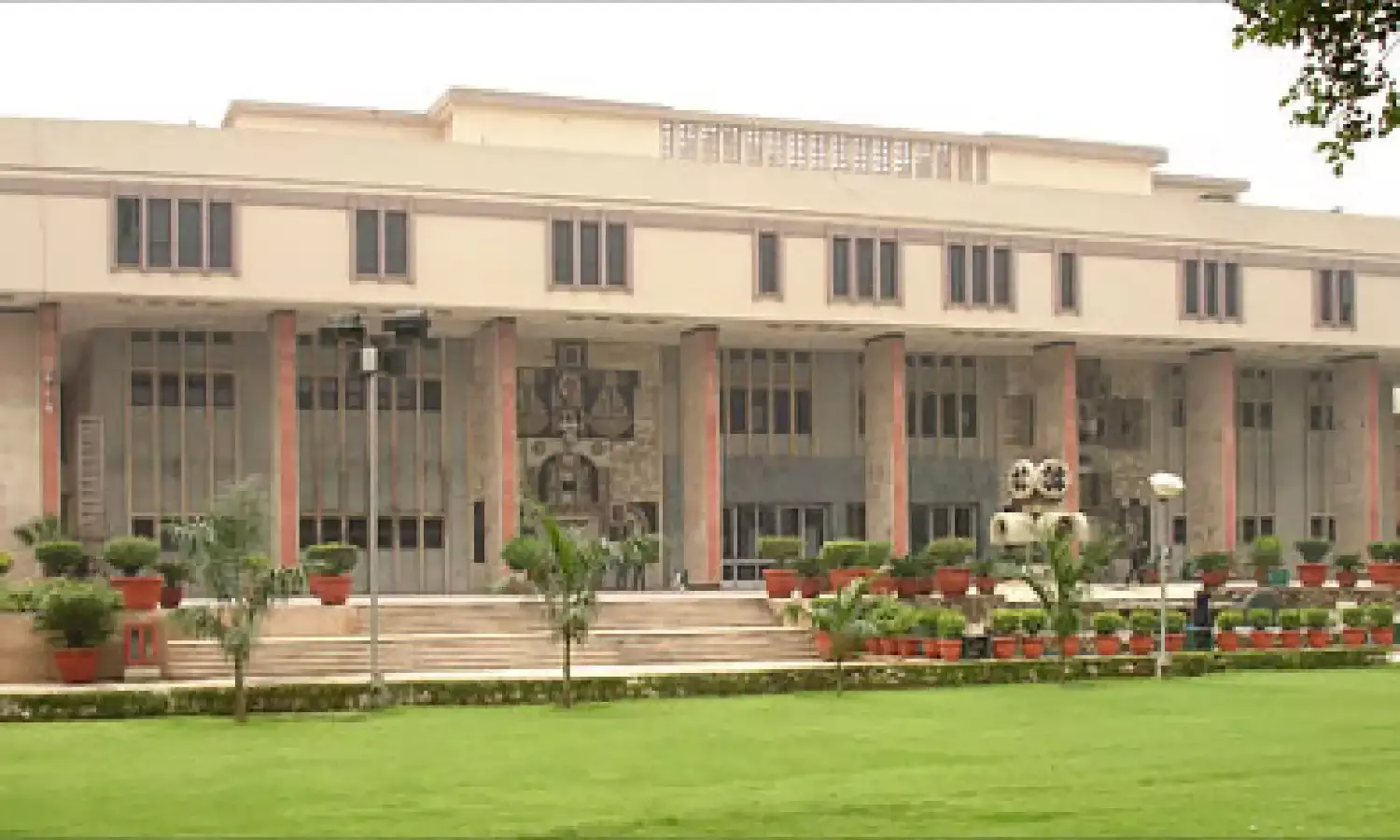Fundamental Right Of Foreigner Is Limited To Article 21 Of Constitution; Can’t Claim Right To Reside & Settle In India: Delhi HC
The Delhi High Court observed that the Fundamental Right of a foreigner is limited to the one declared under Article 21 of the Constitution i.e., Fundamental Right to Life and Liberty. It further noted that the foreigner cannot claim right to reside and settle in India under Article 19(1)(e).
A Division Bench of Justice Suresh Kumar Kait and Justice Manoj Jain observed, “… foreign national cannot claim that he has right to reside and settle in India in terms of Article 19 (1) (e) of Constitution of India. Reference be made to Hans Muller of Nurenburg Vs. Superintendent, Presidency Jail, Calcutta: AIR 1955 SC 367 wherein the Supreme Court has observed that power of the Government of India to expel foreigners is absolute and unlimited and there is no provision in the Constitution fettering such discretion. Fundamental Right of any such foreigner or suspected foreigner is limited to the one declared under Article 21 of Constitution of India i.e. Fundamental Right for life and liberty and there is nothing which may suggest that his liberty has been curtailed in an illegal or unlawful manner.”
Advocate S. Narayan appeared for the petitioner while CGSC Anurag Ahluwalia appeared for the respondents.
Brief Facts -
The petitioner, a Bangladeshi national prayed for the issuance of an appropriate writ, order, or direction for producing Azal Chakma before the High Court by invoking Writ of Habeas Corpus and to award compensation of Rs. 20 lakhs to him for his illegal detention and custody for a over a period of 9 months without any charges and trial. The petitioner was the maternal uncle of Azal and it was claimed that he was born in 1991 in India and brought up in India by his mother.
Azal had acquired Indian citizenship by birth and he lived in India all his life except for a very brief period. As per his uncle, he was in the illegal custody and was arrested in 2022 from IGI Airport, New Delhi from where he was about to board a flight to Dhaka to perform ritual of his late grandfather. It was contended that he was falsely implicated and was never produced before any court of law and hence, his detention was illegal. Therefore, his uncle approached the High Court.
The High Court in view of the above facts said, “Mr. Azal Chakma has been detained as he was allegedly found travelling on the basis of Indian Passport which he had, as alleged, fraudulently procured. As noted, such passport has already been revoked. Documents collected by the respondents clearly indicate that he was holding Bangladeshi Passport and had come to India multiple times on the basis of such passport. When he had applied for visa, he claimed himself to be a Bangladeshi national by birth and also claimed that his parents were also Bangladeshi citizens. Petitioner has not given any response, much less a plausible one, to the aforesaid documents and the passport issued to him by the Bangladeshi authorities.”
The Court added that Azal has also failed to apprise as to how and when he entered India after he had gone to Dhaka on the basis of Bangladeshi passport. It further noted that there is nothing in the petition which may indicate that the detention was illegal and moreover, his movement was restricted so that he remains available for deportation and such restriction cannot be illegal.
The Court also observed that he himself is to be blamed for his miseries as he has failed to explain as to how he came back to India when he had left India on a Bangladeshi passport and hence, this is not a case of preventive detention. It further said that his movements have been restricted in accordance with law so that he can be deported back.
“As lastly contended by learned counsel for petitioner, Mr. Azal Chakma cannot be deported unless his Indian Citizenship is terminated, we hold that even such contention is without any substance. As per his own admission made before the Bangladeshi authorities when he had applied for visa for India way back in the year 2010 and 2011, he claimed himself to be a Bangladeshi national by birth and in such a situation, there is no question of termination of his alleged Indian citizenship which he never seemed to have acquired”, concluded the Court.
Accordingly, the High Court dismissed the writ petition.
Cause Title- Kinadhan Chakma v. Union of India & Ors. (Neutral Citation: 2024:DHC:210-DB)




